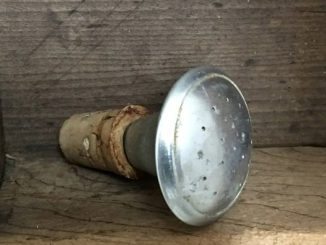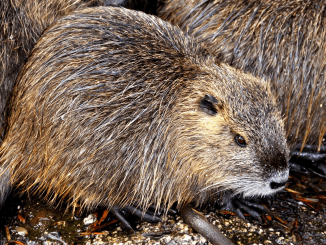Gallstones, the hardened deposits that form in your gallbladder, can cause significant discomfort, including pain, nausea, and digestive issues. While surgery, specifically a cholecystectomy (removal of the gallbladder), is the standard solution, many people seek non-surgical methods to remove or dissolve gallstones. Fortunately, there are several natural and medical options available that can help you manage gallstones without undergoing surgery. In this article, we’ll explore the best methods for gallstone removal and prevention.
Understanding Gallstones
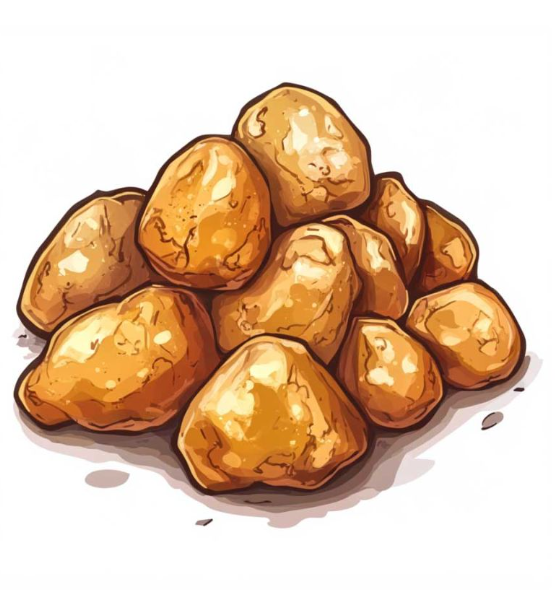
Before we dive into the solutions, it’s essential to understand what gallstones are. These deposits can form when substances in the bile—such as cholesterol or bilirubin—become hard and crystallize. Gallstones can range in size, from as small as a grain of sand to as large as a golf ball, and they often cause discomfort when they block the bile ducts.
Types of Gallstones:
- Cholesterol Gallstones: The most common type, formed when the bile contains too much cholesterol.
- Pigment Gallstones: These are made from excess bilirubin and are often associated with liver or blood disorders.
Natural Methods for Removing Gallstones
1. Apple Cider Vinegar and Apple Juice
Apple cider vinegar is often touted as a natural remedy for various ailments, and it may also help with gallstones.
Recipe:
- 1 tablespoon of apple cider vinegar
- 1 glass of organic apple juice
Instructions:
- Mix the apple cider vinegar with the apple juice.
- Drink this mixture once daily, preferably in the morning on an empty stomach.
How It Works: Apple juice is believed to soften gallstones, making them easier to pass, while apple cider vinegar may help reduce cholesterol production in the liver, potentially preventing the formation of new stones.
2. Lemon Juice and Olive Oil Cleanse
A classic home remedy, this combination can help stimulate your gallbladder and support bile flow.
Recipe:
- 4 tablespoons of extra virgin olive oil
- 1 tablespoon of lemon juice
- Warm water
Instructions:
- Mix the olive oil and lemon juice.
- Drink this mixture followed by a glass of warm water.
- Perform this routine in the evening for several days.
How It Works: Lemon juice contains vitamin C, which thins bile and supports digestion. Olive oil may stimulate the gallbladder, helping to expel gallstones naturally.
3. Herbal Remedies
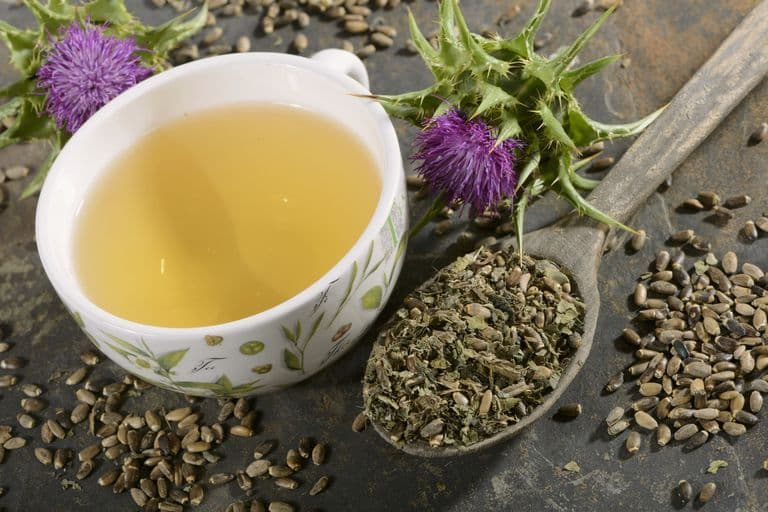
Several herbal remedies can help support gallbladder function and potentially aid in the removal of gallstones.
Milk Thistle Tea:
- 1 teaspoon of milk thistle seeds (ground)
- 1 cup of boiling water
Instructions:
- Steep the ground seeds in boiling water for 10-15 minutes.
- Strain and drink twice a day.
Dandelion Root Tea:
- 1 teaspoon of dried dandelion root
- 1 cup of boiling water
Instructions:
- Steep the dried root in boiling water for 15 minutes.
- Strain and drink twice daily.
How It Works: Milk thistle supports liver function and bile production, while dandelion root promotes bile flow, which can help dissolve gallstones over time.
4. Turmeric and Honey
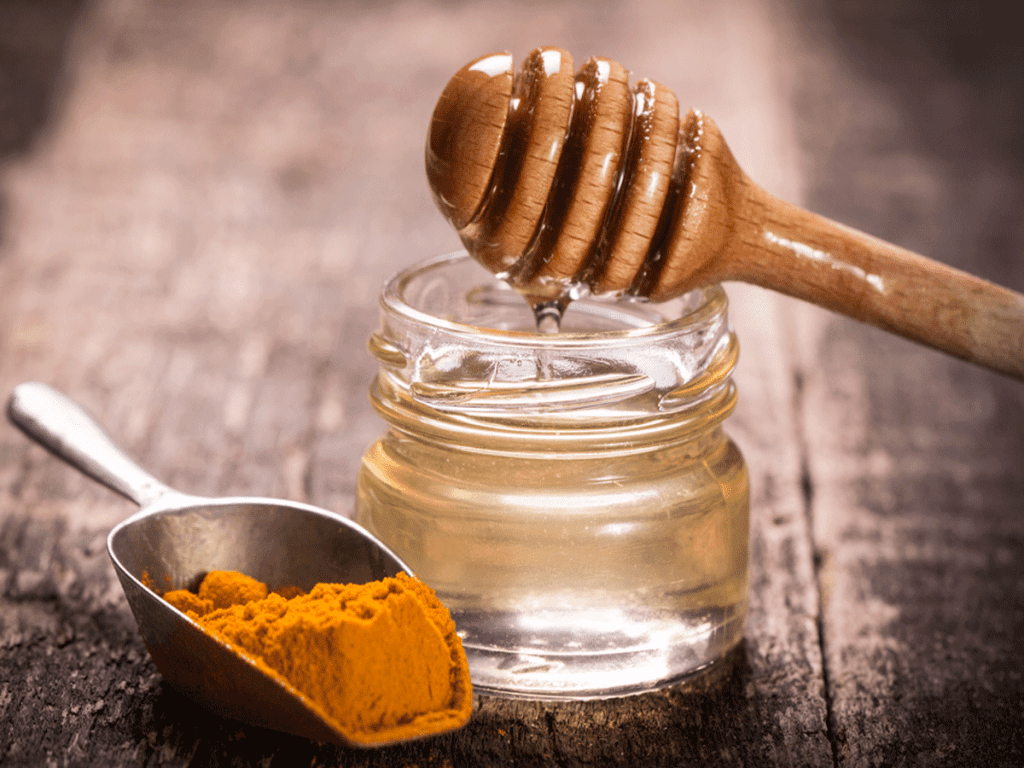
Recipe:
- 1 teaspoon of turmeric powder
- 1 teaspoon of raw honey
Instructions:
- Mix turmeric and honey into a paste.
- Consume this mixture once daily.
How It Works: Turmeric contains curcumin, a powerful anti-inflammatory compound that can help reduce gallstone formation and support bile flow.
5. Psyllium Husk
Psyllium husk is a type of soluble fiber that can support digestion and prevent gallstone formation.
Recipe:
- 1 tablespoon of psyllium husk
- 1 glass of water
Instructions:
- Mix the psyllium husk in water and drink it immediately.
- Take this once a day, preferably before meals.
How It Works: The fiber in psyllium binds to cholesterol in the bile, helping to prevent the formation of cholesterol gallstones.
Advanced Non-Surgical Medical Technologies
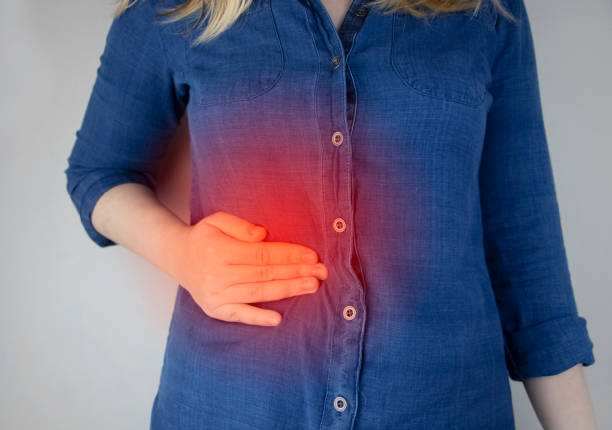
For those seeking professional medical solutions, there are advanced non-surgical procedures that can help remove or dissolve gallstones.
1. Extracorporeal Shock Wave Lithotripsy (ESWL)
What It Is: ESWL uses shock waves to break up gallstones into smaller fragments, which can then be passed naturally through the bile ducts.
Procedure:
- High-energy shock waves are directed at the gallstones from outside the body.
- The stones are broken into smaller pieces.
- These fragments are then passed through the digestive system.
Benefits: ESWL is effective for patients with smaller gallstones and avoids the need for surgery, offering a shorter recovery time.
2. Oral Bile Acids (Ursodeoxycholic Acid and Chenodeoxycholic Acid)
What It Is: Oral bile acid therapy involves taking medications like ursodeoxycholic acid (UDCA) or chenodeoxycholic acid (CDCA) to dissolve cholesterol-based gallstones over time.
Procedure:
- The prescribed medication is taken daily.
- It gradually dissolves cholesterol-based gallstones.
Benefits: This method is best for small, cholesterol-based gallstones and may take several months or even years, depending on the size and number of stones.
3. Endoscopic Retrograde Cholangiopancreatography (ERCP)
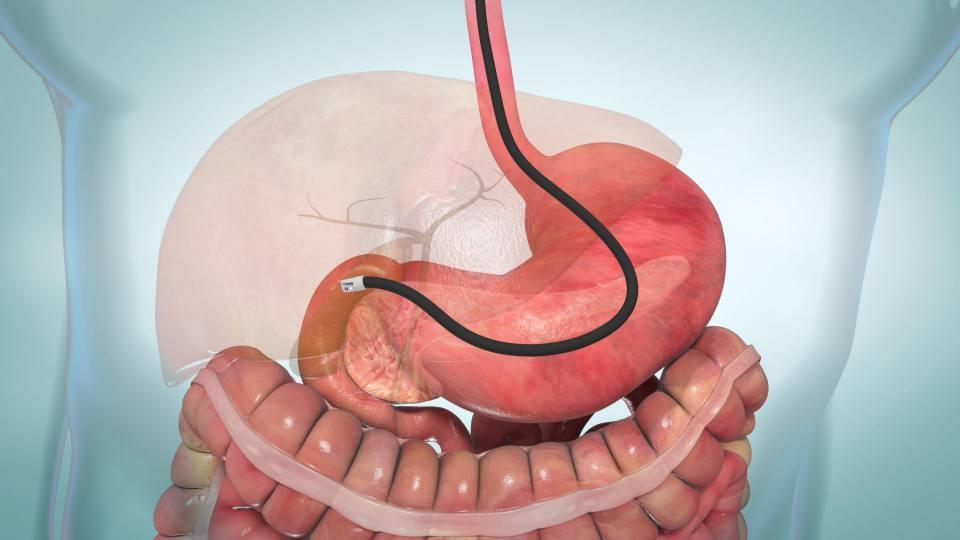
What It Is: ERCP is a minimally invasive procedure used to remove gallstones that have moved into the bile ducts.
Procedure:
- A flexible tube with a camera is inserted through the mouth into the digestive tract.
- Tools are passed through the tube to remove the gallstones.
Benefits: ERCP is an effective solution for bile duct obstructions caused by gallstones, providing immediate relief from symptoms.
Lifestyle Changes to Prevent Gallstones
Beyond treatment, certain lifestyle adjustments can help prevent the formation of gallstones in the first place.
1. Dietary Modifications
- High-Fiber Diet: Incorporate more fruits, vegetables, and whole grains into your meals to support digestion.
- Healthy Fats: Include sources of healthy fats like fish, nuts, and olive oil, which promote proper bile flow.
- Low Cholesterol Intake: Avoid foods high in cholesterol and trans fats, as these contribute to gallstone formation.
2. Regular Exercise

Engage in moderate physical activity, such as brisk walking or swimming, to maintain a healthy weight and improve overall digestion.
3. Stay Hydrated
Drink plenty of water throughout the day to support bile production and ensure proper bile flow, reducing the risk of gallstone formation.
Conclusion
While surgery is often the go-to solution for gallstones, non-surgical options—ranging from natural remedies to advanced medical procedures—are available for those who wish to explore alternatives. Whether through the use of herbal remedies, dietary changes, or advanced technologies like ESWL and ERCP, many people can find relief without surgery. However, it’s crucial to consult with a healthcare provider before starting any treatment plan to ensure it’s the right option for your specific condition.
By adopting a balanced diet, staying active, and considering non-surgical treatments, you can effectively manage gallstones and enjoy a healthier, pain-free life.

